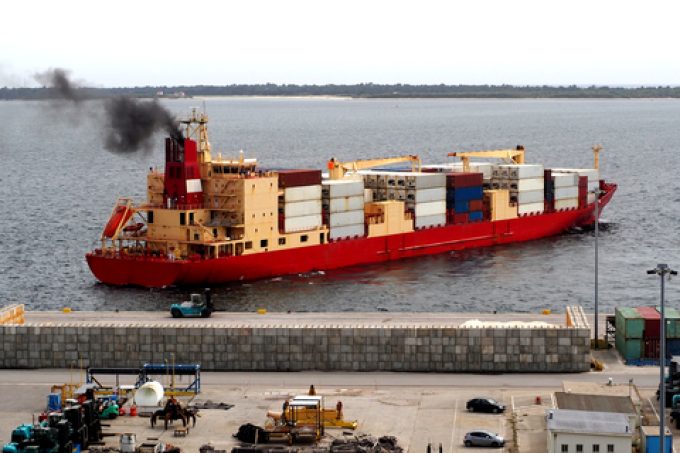Green credentials of innovative 'e-sail' cargo ship to be unveiled at SMM
A general cargo vessel fitted with rear-mounted ‘e-sails’ – the 2,850dwt Eems Traveller – may ...

The beginning of 2025 marked the entry of FuelEU, the robust European legislation imposing major costs on shipowners for their vessel emissions.
Carriers have already announced their intention to pass these FuelEU costs on to their customers, Hapag-Lloyd having warned prices would “roughly double“.
Shipowners will pay around three times the cost of very-low-sulphur fuel oil (VLSFO) energy equivalent, or €2,400 per tonne, for non-compliance with FuelEU, an amount set to increase in the coming years.
Trump tariffs see hundreds of cancelled container bookings a day from Asia
'To ship or not to ship', the question for US importers amid tariff uncertainty
'Disastrous' DSV-Schenker merger would 'disrupt European haulage market'
'Chaos after chaos' coming from de minimis changes and more tariffs
Forto 'sharpens commercial priorities' as it lays off one-third of staff
List of blanked transpac sailings grows as trade war heats up and demand cools
EC approves DSV takeover of DB Schenker
Overcapacity looms for ocean trades – with more blanked sailings inevitable
Amazon Air’s metamorphosis: 'a different air cargo unit from two years ago'
Shippers in Asia restart ocean shipment bookings – but not from China
India withdraws access for Bangladesh transhipments, in 'very harmful' decision
'Tariff hell' leaves industries in limbo – 'not a great environment to plan'


Comment on this article